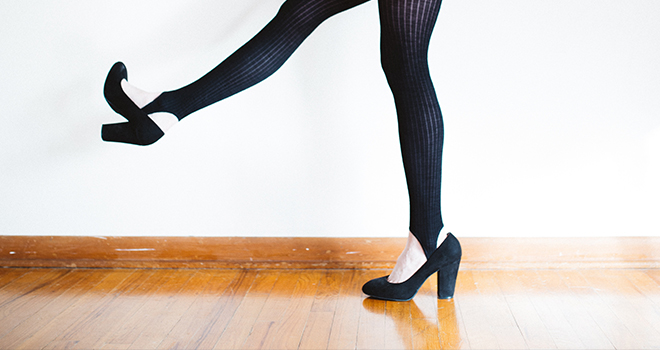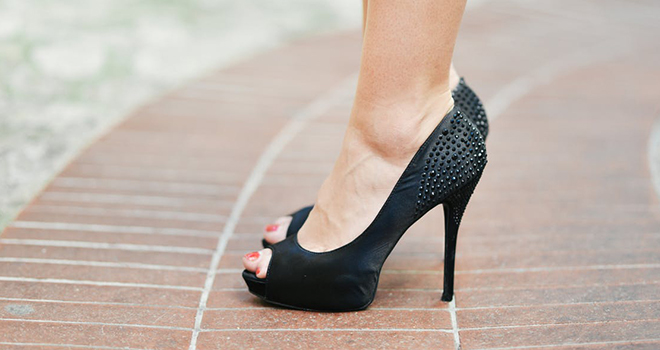
Physical appearance is important but it’s not everything. While we do get sometimes judged based on how we look and dress, looks are never as important as our performance at work, and it’s definitely better to get noticed for your performance and achievements on the job rather than your appearance.
That being said, dress code for professionals and employees is still a very relevant topic and it must not be neglected. Whether you work in Dubai, in Riyadh, in Amman, or Beirut, there are some often guidelines to help you with your outfit choices.
Of course, you know best what your industry and office are like and you have the best insider perspective to choose your outfits.
Here are some suggestions though to help you if you are uncertain:
1. Sheer and See-Through Clothes

Fashion usually features sheer clothing and lace and you might want to be up-to-date and keep up with the latest trends. However, you should keep in mind that there’s a thin line between looking fashionable and unprofessional. What you would wear for a night out is probably not suitable for an office job. So always make sure that your outfits are in line with the culture of the company and the country that you live in. There is nothing wrong with dressing elegant and playing out your personality a little bit in your outfit. But remember to also feel comfortable and professional in everything you wear.
2. Strapless and Spaghetti Straps

Spaghetti straps, tank tops, and halter tops can be seen as a taboo at the office, and are usually even prohibited by the dress code at many companies across the Middle East. Something else to keep in mind is that these tops are often uncomfortable. Although, anything strapless might not be acceptable, going sleeveless might be ok with a nice pair of pants or even a trendy blazer for a formal meeting.
3. Short Skirts, Maxi and Sun Dresses

In many business professional environments summer dresses are considered a fashion faux pas. They might be really comfortable when the weather is just getting too hot, but they would work better for the beach rather that the office. In a work setting, such outfits often give the impression that you are too nonchalant and uninterested.
Always pay attention to the length of the skirt or dress you’re wearing. The appropriate length at a business professional workplace would be ‘mid- knee’. In some work environments, ‘just above the knee’ length is also fine.
4. Leggings

While leggings are probably the most comfortable thing to wear, they might not be your best option to wear to the office or to a meeting with a client. Unless you work in the sports industry, such outfits are bound to make you look unprofessional. However, leggings could be appropriate if they’re worn as tights under a skirt or a dress.
5. Impractical Outfits

There’s nothing wrong with wearing heels to the office, but watch out for the height. First, figure out what is practical so you can perform your daily tasks with ease, and don’t wear anything that’s too hard to walk in. If you are in a professional environment you shouldn’t go higher than 9 cm or 10 cms.
Aside from heels, try to find outfits that are both presentable and sharp looking but also comfortable and easy to move around in. Being relaxed in your clothes will make you much more focused and productive at your job.
6. Flashy Outfits

Glittery, shiny, sparkly, and flashy clothes are all definitely a no-no at work. Try to stay away from such outfits at the office and keep them for your social events. Especially when you have a job that necessitates interacting with others or conducting presentations, you want to minimize distractions and allow your audience to focus on the important tasks and discussions.
7. Offensive Messages on T-Shirts
In business and professional work environments, T-shirts are often not allowed and are considered inappropriate. But if you work somewhere where they’re okay, you should never wear one with an offensive print message on it, or with anything that insults or offends people. Cuss words, racist remarks, revealing pictures, and similar prints are all incredibly inappropriate at work.
Even if you feel that the message or the picture is mildly offensive or not offensive to you, it is better to avoid the potential trouble and practice caution and courtesy in these scenarios.
Remember that you should always check if your company has set dress code policies and get a sense of what is appropriate for your industry and office environment. But no matter what industry you work at always try to show your authentic style through your clothes as well as your professionalism and dedication for your job.